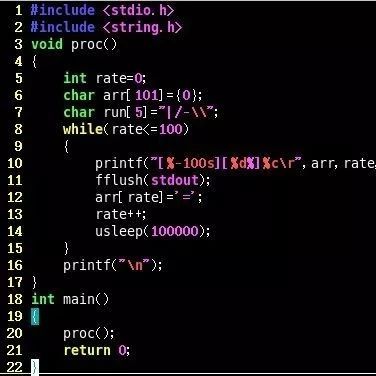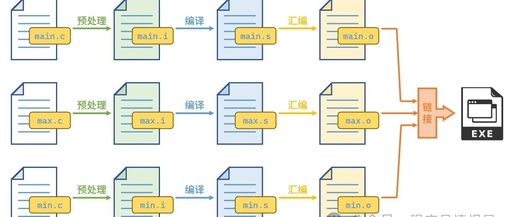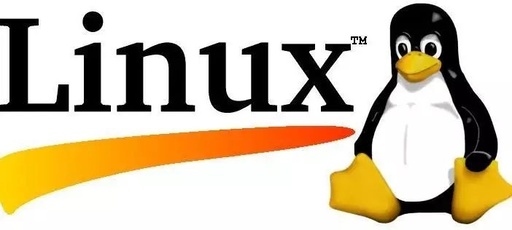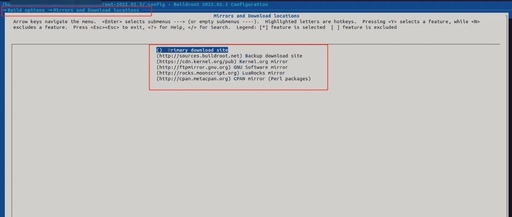A Simple Introduction to Makefile
Click the above “Linux Community” to subscribe! 1. Introduction The make command requires a Makefile to tell it how to compile and link the program (simply put: it manages the project files and determines which files to compile first and in what order). 2. Writing Rules: Target1: Dependencies Then press Enter + Tab key Command; … Read more









